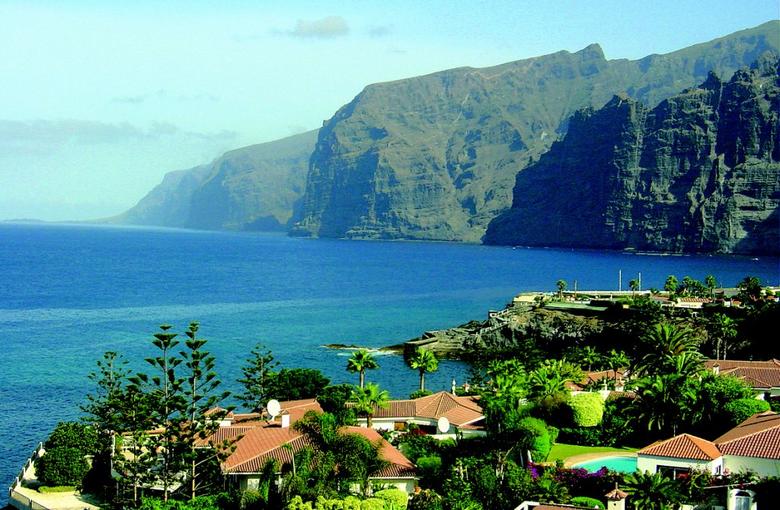
CANARIES: €7.5 BLN

The Spanish government has given the go-ahead for a contentious €7.5bn oil exploration project off the Canary Islands, a scheme that has pitted Madrid's desire for greater energy independence against the islands' government, as well as tourism and ecological groups.
The Ministry of Industry, Energy and Tourism said on Wednesday it had given a consortium led by Repsol , the Spanish energy group, permission to sink three exploratory wells at sites about 60km east of the island of Fuerteventura.
Repsol estimates that the project could supply more than 100,000 barrels of oil a day, or 10 per cent of Spain's energy consumption. At present, Spain has to import 99 per cent of the oil it uses, and has a foreign energy bill of €40bn a year.
Madrid first gave permission for the project in 2012, but it has been frozen by court challenges over potential environmental damages. Spain's supreme court rejected those appeals in June.
José Manuel Soria, Spain's industry, energy and tourism minister, downplayed the environmental concerns and said the government had taken all the arguments into account before signing off the licences.
"We have studied all the arguments that have been presented and, as they do not affect the content of the authorisation, we have proceeded to the signing of the resolution," he told reporters in Madrid.
However, Fernando Rios, a minister with the Canaries' regional government, pledged to "go to the UN if necessary" to stop the drilling. The islands "reject [the decision] in form and substance", he declared to local media.
The Canaries' regional government and business groups fear the environmental impact of the drilling would hurt tourism – its principal economic activity. In 2013, foreign tourists spent about €11.7bn in the islands.
Environmental groups have also criticised the decision to grant the drill. Anxela Iglesias, a spokesperson for Ecologistas en Acción, said the groups were discussing options with their lawyers, including suing in Spain's administrative courts or the EU court system.
She added that protests would continue on the islands in coming weeks. "We are going to use all the tools at our disposal," she said.
Under the terms of the licence, the consortium will be required to take out a €40m insurance policy and post €20m in collateral to cover possible environmental and civil damages at the drilling zones. It will also be required to install seismic monitoring devices and halt drilling if an earthquake above 4.5 on the Richter scale is detected within 75km of the sites.
Repsol said the seismic monitoring commitments were evidence that the company and its partners, Woodside from Australia and Germany's RWE, were doing all they could to limit environmental damage. "We share their [the environmentalists'] concerns but we think the solution is technology and doing things well, not standing still," said Kristian Rix, a Repsol spokesman.
Repsol also said the project will create 3,000-5,000 direct and indirect jobs for the Canaries if oil is found and goes into development.
The Canary Islands government, led by President Paulino Rivero, has had a fraught relationship with Madrid in recent years. Mr Rivero formed a coalition government with the conservative Partido Popular in 2007, but in 2011 switched partners to the Socialists.
The drilling is expected to start before the end of the year.
ft.com

